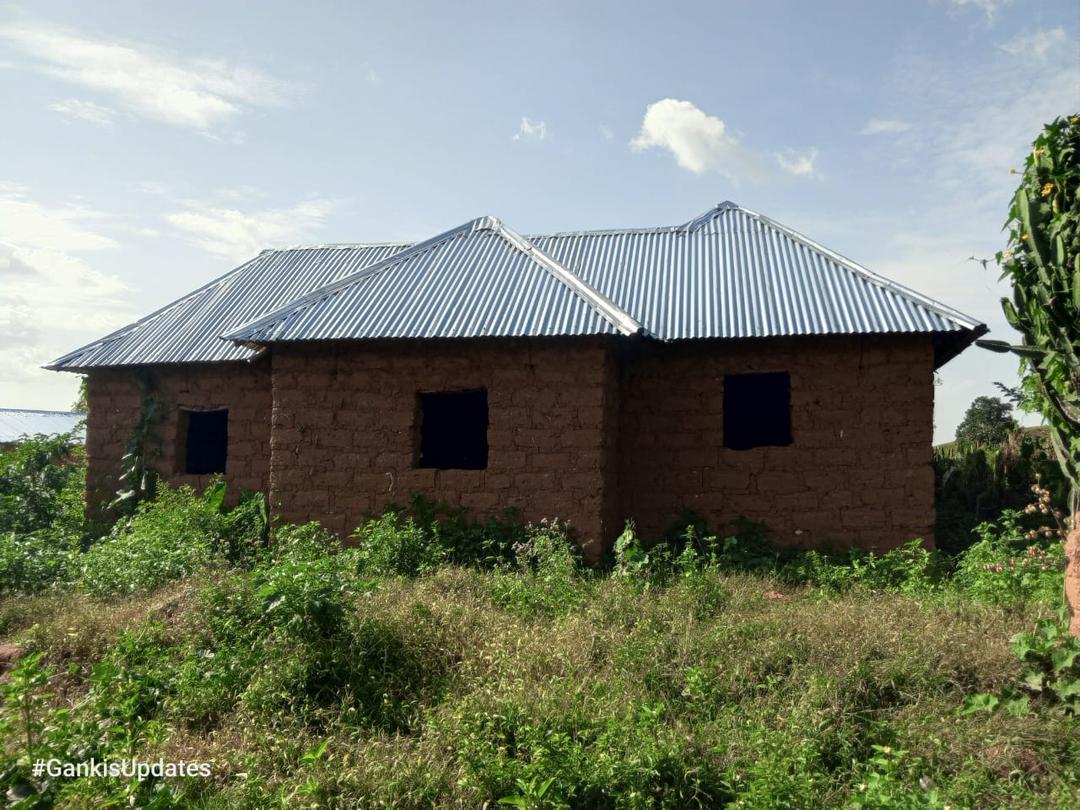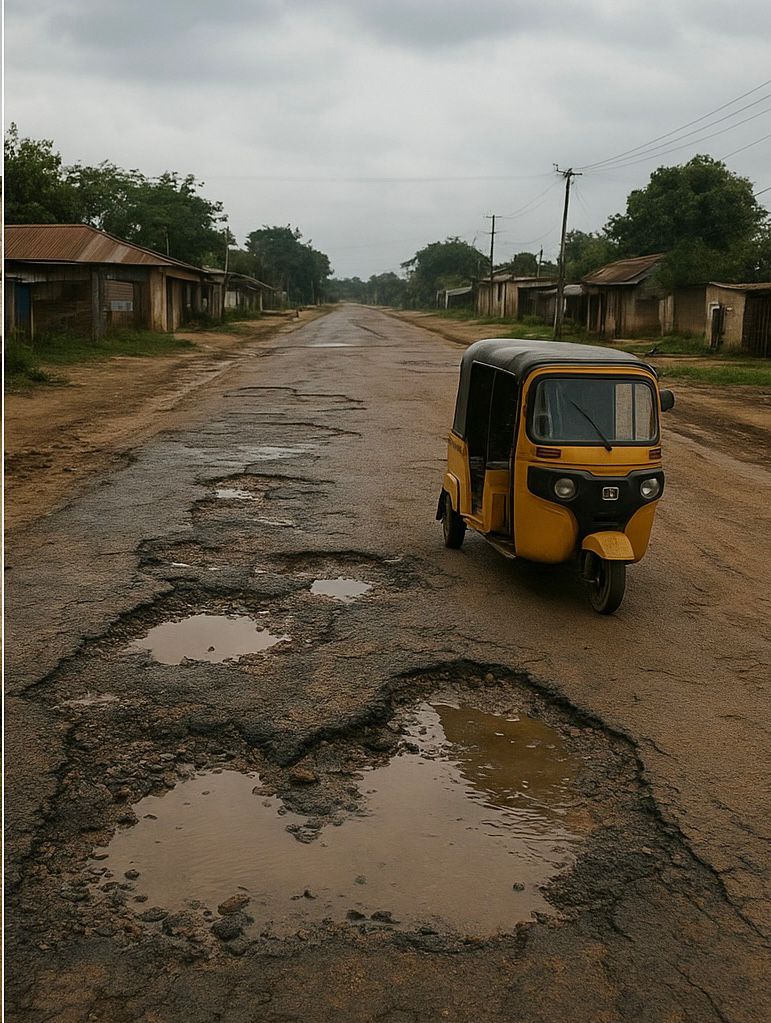NEWS
November 6, 2025

IN BRIEF
Across Nigeria, public infrastructure projects are meant to symbolize progress; new roads, hospitals, schools, bridges and drainage systems that promise better lives for citizens. Yet, in many states, these projects have instead become symbols of frustration and distrust. A 2025 report shows that poorly executed projects and half-completed structures have become a norm with communities left stranded by inefficiency and corruption. Recent findings from Accountability Lab Nigeria’s radio engagement in Edo, Ekiti, and Plateau States reveal deep-seated systemic gaps in [...]
SHARE
Across Nigeria, public infrastructure projects are meant to symbolize progress; new roads, hospitals, schools, bridges and drainage systems that promise better lives for citizens. Yet, in many states, these projects have instead become symbols of frustration and distrust. A 2025 report shows that poorly executed projects and half-completed structures have become a norm with communities left stranded by inefficiency and corruption.
Recent findings from Accountability Lab Nigeria’s radio engagement in Edo, Ekiti, and Plateau States reveal deep-seated systemic gaps in public procurement that mirror what is happening nationwide. In Ekiti State, residents raised the alarm over unethical practices by contractors handling the flyover bridge at Oja Oba market in Ado-Ekiti, a multimillion-naira project now tainted by allegations of inflated costs and substandard materials. At the same time, irregular water supply from the state water corporation exposes how service delivery failures continue to undermine public trust. Still in Ekiti State, listeners lamented the slow pace of drainage construction along Ilawe Road, despite funds being released. Although some of these issues were eventually addressed after a listener raised concerns on air, the fact that citizens must resort to persistent complaints before being heard highlights a deeper problem in how public feedback is valued and acted upon. It also reflects the absence of robust oversight and weak enforcement of contractual obligations – a recurring flaw in how projects are procured, monitored, and evaluated. Plateau State presents an equally troubling picture. Reports of poorly executed and abandoned projects as well as the slow pace of implementation for those that manage to commence, tell a story of inefficiency that costs citizens not just money, but opportunity. Poor road infrastructure continues to cut communities off from markets and essential services. For many residents, progress is something they hear about, not something they experience. These governance failures are symptomatic of a national accountability gap that continues to undermine service delivery and citizens’ trust in public institutions across the federation.

The problem is not that Nigeria never budgets for health and other capital projects. The 2025 federal budget contains the Appropriation Bill and Budget Office documents show trillions of naira set aside for capital/ infrastructure, including dedicated allocations for health and infrastructure projects. However, those project budgets are too often undermined by weak transparency, poor procurement oversight, low budget execution and limited citizen participation, which lets funds be diverted, projects stalled or delivered badly. The budget also shows major capital allocations to health and infrastructure, yet, every year in Nigeria thousands of lives are lost. According to the World Health Organization’s Global Status Report on Road Safety, about 21 people per 100,000 die in road crashes due to bad roads(the equivalent of around 5,000 deaths annually). Another report reveals that fewer than 30% of Nigerians express satisfaction with public-hospital care, pointing directly at systemic problems in quality, access, and affordability. A profile from the African Health Observatory Platform on Health Systems and Policies states that Nigeria’s health system is operating at only 45% of its potential capacity, well below the regional average.
Public procurement is meant to ensure that government contracts serve the public good. But when the system is opaque, manipulated, or ignored, it becomes a gateway to waste and corruption. The ripple effects are devastating, poor infrastructure weakens local economies, discourages investment, and deepens poverty. To reverse this trend, states must strengthen procurement monitoring by making project details public, from bidding to completion. Citizens and civil society should not be seen as advisories but rather supported to track progress in real time. Independent oversight bodies must have the teeth to sanction defaulting contractors and complicit officials. And above all, transparency must be institutionalized, not treated as an afterthought. The lessons from Edo, Ekiti, and Plateau are a wake-up call: until Nigeria fixes the weak links in its procurement chain, development will remain a promise unfulfilled. The bridge to progress is not made of concrete or asphalt, it is built on integrity, accountability, and the political will to serve the public interest.
